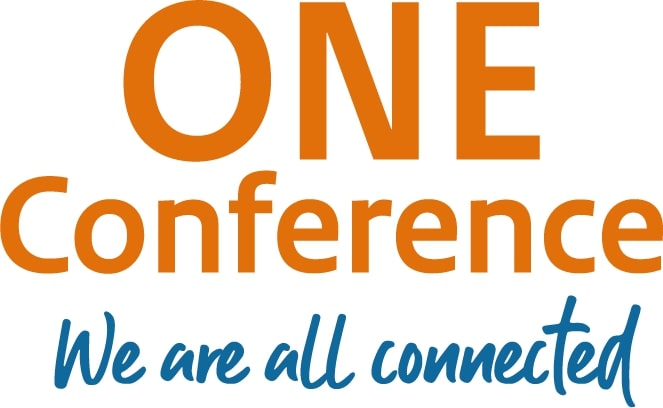Day 1
Redefining cybersecurity in the metaverse
Track:
Yangtze
Session complexity:
Time:
10:45
11:10
Cyber risks vastly exacerbate in the 3D experience of the metaverse. In order to live a digital life, more parts of our body, our behavior, and our inner emotions will be digitized. All this results in deeper profiling and surveillance of users, which already turned current social media into a polarizing force, allowing customized messaging in ways that amplify existing biases, radicalizing political views and spreading misinformation. Security breaches in the metaverse further lead to new risks to safety of users. Hardware (like head-sets) can be weaponized by bad actors to physically harm users. Sexual harassment is already an issue on current digital platforms, but ‘groping’ in virtual reality is interpreted by our brains as an actual threat and equally traumatic. In other words, security-by-design must be stretched into a broad assessment of safety-by-design.
Security-by-design is not about choosing between clear-cut design options (i.e., picking between pre-existing options A or B), but about developing option C to mitigate negative impacts. Because compliance is in the design of new technologies, important design decisions are made by developers. Individual design decisions can be perfectly logical at the micro level, but can become problematic at the macro level in combination with all other micro decisions in the end result. Because so many individuals of so many companies are involved in the development process of the metaverse, the 'problem of many hands arises', where nobody ultimately has the overview and feels responsible for the complete end result.
This is not without risks; coding carries the power to affect how we perceive the world. Every time we visit a social media platform or – let’s say - the metaverse, we let others subtly shape our outlook. Powered by artificial intelligence, digital environments shape themselves, they propel issues to the fore or make them disappear. In short: technology exerts power; that power will only grow with the metaverse and is currently entrusted to those who write the code. We have no time to loose. The world’s largest tech companies forecast that they will be able to launch their metaverse consumer products within the next three to five years. Rather than having the societal debate as an afterthought after the metaverse has materialized (and becomes difficult to change), we should get ahead of the game. But how to do this?
Security-by-design is not about choosing between clear-cut design options (i.e., picking between pre-existing options A or B), but about developing option C to mitigate negative impacts. Because compliance is in the design of new technologies, important design decisions are made by developers. Individual design decisions can be perfectly logical at the micro level, but can become problematic at the macro level in combination with all other micro decisions in the end result. Because so many individuals of so many companies are involved in the development process of the metaverse, the 'problem of many hands arises', where nobody ultimately has the overview and feels responsible for the complete end result.
This is not without risks; coding carries the power to affect how we perceive the world. Every time we visit a social media platform or – let’s say - the metaverse, we let others subtly shape our outlook. Powered by artificial intelligence, digital environments shape themselves, they propel issues to the fore or make them disappear. In short: technology exerts power; that power will only grow with the metaverse and is currently entrusted to those who write the code. We have no time to loose. The world’s largest tech companies forecast that they will be able to launch their metaverse consumer products within the next three to five years. Rather than having the societal debate as an afterthought after the metaverse has materialized (and becomes difficult to change), we should get ahead of the game. But how to do this?



